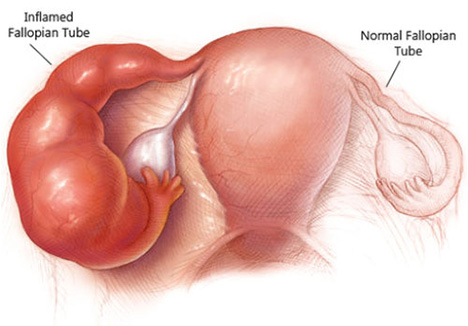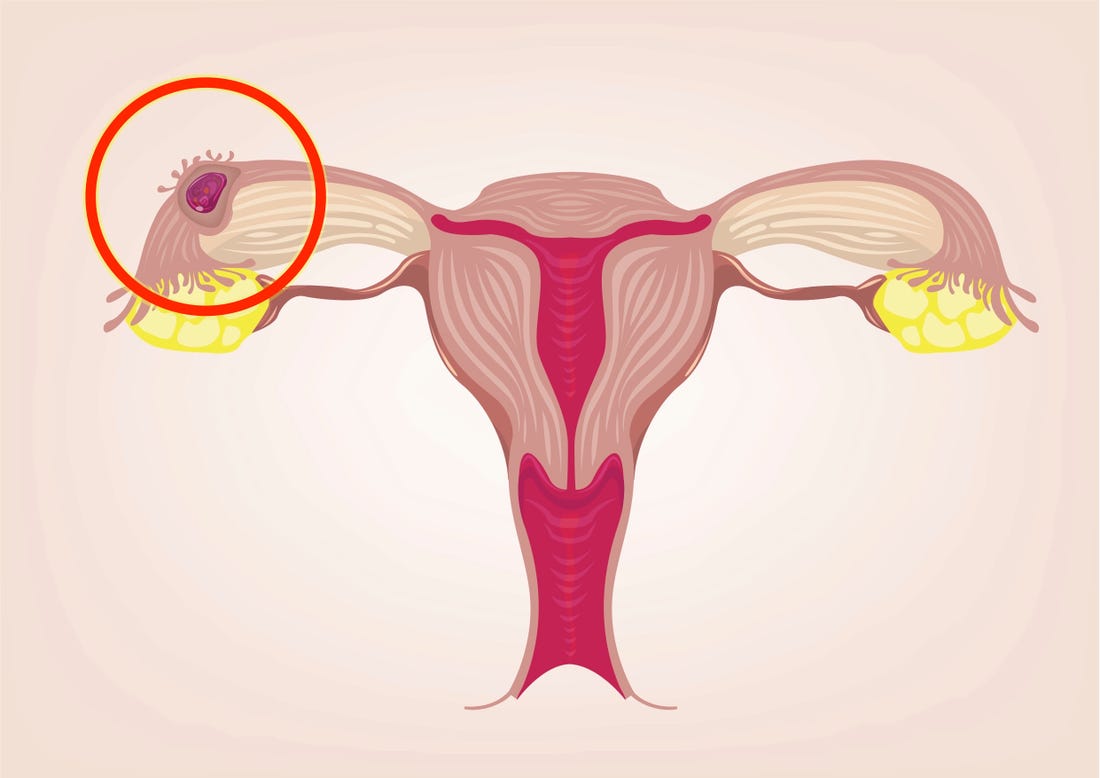Hydrosalpinx is typically caused by a blockage in the fallopian tube, leading to the accumulation of fluid. The most common cause of hydrosalpinx is pelvic inflammatory disease (PID), often resulting from sexually transmitted infections (STIs), such as chlamydia or gonorrhea. Here are the key factors contributing to the development of hydrosalpinx:
Pelvic Inflammatory Disease (PID): Infections, particularly sexually transmitted infections like chlamydia and gonorrhea, can cause inflammation and scarring in the fallopian tubes. This inflammation can lead to the blockage of the tubes and the subsequent accumulation of fluid, resulting in hydrosalpinx.
Endometriosis: Endometriosis, a condition where tissue similar to the lining of the uterus grows outside the uterus, can affect the fallopian tubes. The presence of endometrial tissue in or around the tubes can lead to scarring and blockage, causing hydrosalpinx.
Post-Surgical Adhesions: Previous abdominal or pelvic surgeries, such as surgeries to treat ectopic pregnancies or other gynecological conditions, can result in adhesions and scarring that affect the normal function of the fallopian tubes.
Tubal Ligation Reversal: In some cases, women who have undergone tubal ligation (a form of permanent contraception) and later choose to have it reversed may develop hydrosalpinx as a complication of the reversal procedure.
Other Infections: Infections not limited to sexually transmitted infections, such as tuberculosis, can also lead to inflammation and scarring in the fallopian tubes, contributing to hydrosalpinx.
Previous Ectopic Pregnancy: A history of ectopic pregnancy, where the fertilized egg implants outside the uterus, can result in damage to the fallopian tubes, potentially leading to hydrosalpinx.
It’s important to note that hydrosalpinx may be asymptomatic in some cases, and women may not be aware of its presence until fertility issues arise. The condition can interfere with natural conception by preventing the normal transport of eggs from the ovaries to the uterus. If hydrosalpinx is suspected, consultation with a healthcare professional, typically a gynecologist or a fertility specialist, is essential for an accurate diagnosis and appropriate management.
Discover the pinnacle of women’s health services with Dr. Neha, recognized as the Best Indian Gynecologist in Dubai. Your journey to optimal well-being starts here. Schedule your consultation.



